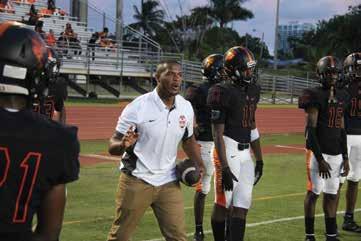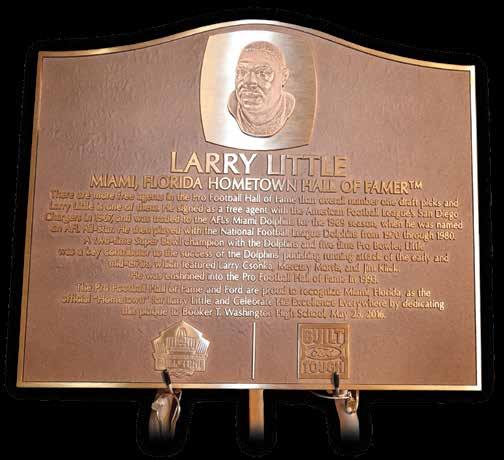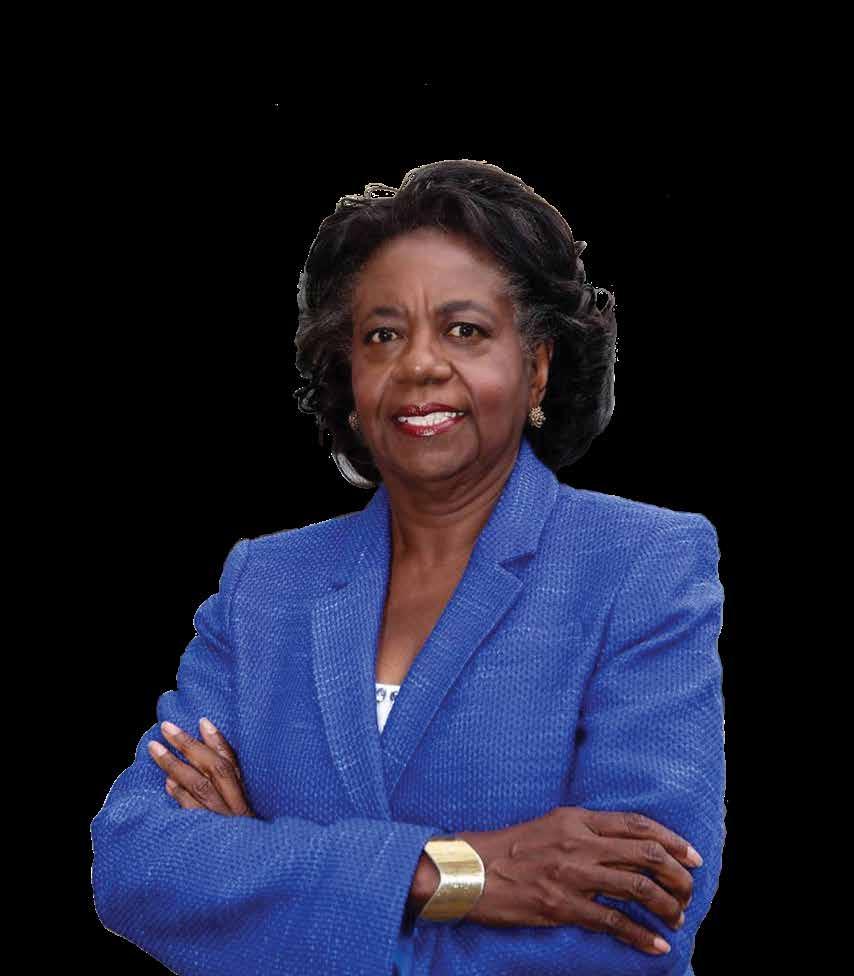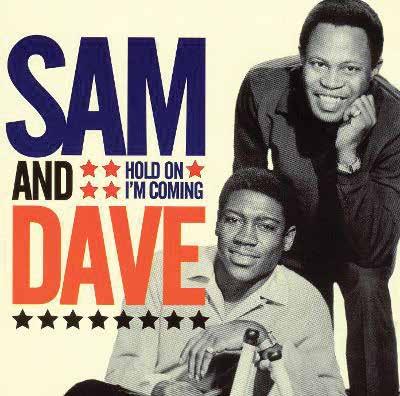
5 minute read
Dr. James W. Bridges
BTW Class of 1952

Advertisement
As a newly licensed physician in the mid-1960s, Dr. James W. Bridges began to practice medicine in Miami just as society’s barriers were beginning to crumble for blacks. The signing of the Civil Rights Act in 1964 and the enact ment of Medi care the follow ing year, opened the door for black physicians such as Bridges to practice and train at the same institutions as their white peers — and to show that African Americans were equally gifted at the practice of medicine.
“He was really one of the pioneer physicians in this area,” said George Simpson, a retired surgeon who spent much of his career practicing medicine in Overtown and Liberty City. “He opened up new avenues for society. ... He opened the eyes of people to see that a black person could do very well in any job chosen.”
Bridges would go on to practice medicine for nearly 50 years in Miami. Bridges had attended segregated schools his entire life, including Dunbar Elementary and Booker T. Washington junior - senior high school in Miami. He graduated from Central State University in Ohio, and earned a medical degree from Meharry Medical College in Nashville the first medical school in the South for African Americans.
Beginning his medical career in a new era of desegregation, Bridges said he was welcomed at Jackson Memorial as an equal.
“It went very smoothly,” he said. “We worked like it had been going on like that for a long time. I don’t know what it was like before I got there, but there was not any problem. It was integrated without any marches and without any riots or anything like that.” Bridges opened his practice in Miami at a time when few physicians were providing comprehensive care for low-income residents, particular-
ly in the black community. That choice became part of his enduring legacy, said Cheryl Holder, a physician and associate professor at Florida International University’s Wertheim College of Medicine.
“He stayed in the community, and worked with folks who couldn’t always afford care,” she said.
Bridges said he credits Medicaid, the public health insurance program for low-income and disabled people, with increasing healthcare access for many in South Florida. He believes the profession has become prohibitively expensive for many starting physicians. “One of the big things got to be the malpractice insurance,” he said. “When I started, malpractice insurance was $300 a year, and when I left it was $92,000 a year for an OB-GYN. While the American Medical Association infamously opposed the Medicare legislation in 1965, it was strongly supported by the National Medical Association, which represents black doctors.
“It made doctors start practicing defensive medicine,” he said. “Nobody wanted to make a mistake, so you ended up running tests that probably weren’t needed that you probably thought weren’t really necessary. But you thought,
‘I better do this because if I miss something, it’s going to be bad.’ ”
Now, Bridges said, he talks to his sons, and they’re grappling with the Affordable Care Act and its requirement for electronic medical records.
“They’re all complaining about that,” he said.
For Bridges, born in Valdosta,
Georgia and raised in Overtown, becoming a doctor was a childhood dream come true and the fulfillment of his father’s aspirations.
“My father always kept telling all of us that the medical field was the way to go, and by the time I was about 10 years old, I had already decided then that I wanted to be a physician,” Bridges said. “My father only got to the eighth grade. Somebody told me he wanted to be a physician but he never achieved it, so he kept pushing us.”
Bridges, 81, is not the only doctor in the family. His younger sister, Ouida Bridges, is a pediatrician. Bridges’ two sons, Lloyd and Mark, are physicians. Counting a nephew, a niece and a daughter-in-law, Bridges said, “ We claim at least seven physicians in our family.”
And like his father before him, Bridges said he, too, urged his children to practice medicine as a way to help others.
“I kept telling my sons they were going to be physicians,” Bridges said. “I took them to hospitals on rounds with me. They came to my office and we kept them all day and they had a chance to be on the front line.”
He stayed in the community and worked with folks who couldn’t always afford care. Now retired, Bridges blazed a path marked by several “firsts” for an African-American physician: first black Fellow of the American College of Obstetrics and Gynecology in Florida and the first black president of the Dade County Medical Association.
His influence in South Florida’s medical community runs so deep that in 2007 the Dade County Chapter of the National Medical Association — once a professional group representing black physicians — renamed itself the James Wilson Bridges, M.D. Medical Society.
After completing his residency at Jackson, Bridges joined another physician, Stanley Johnson, in private practice. Business boomed.
He really knew how to relate to his patients. “My partner and I, we were the only [black] OB-GYN doctors in Miami,” Bridges said. “So it was very, very busy for us. We got a lot of referrals from the other doctors. They were glad we came because the family doctors were doing all the deliveries, and I don’t know where they were sending all the patients with complications.”
As the physicians practice grew, Bridges became instrumental in creating community health centers serving Medicaid patients.
“I really enjoyed when I was working with the community health centers,” he said, “because the community health centers were offering care to the people who no matter how much money they had or how much money they didn’t have, they were providing care to all these people. They still do.”














